On Tuesday 07 September 2021, the first RESILOC “Project to Policy Workshop” took place. The workshop was attended by the RESILOC team of resilience experts as well as representatives of strategic partners including UNDRR, DG HOME, EC JRC and EC REA.; focusing jointly on exploring the baselines for transposition of project-based outcomes and policy recommendations in support of global strategies.
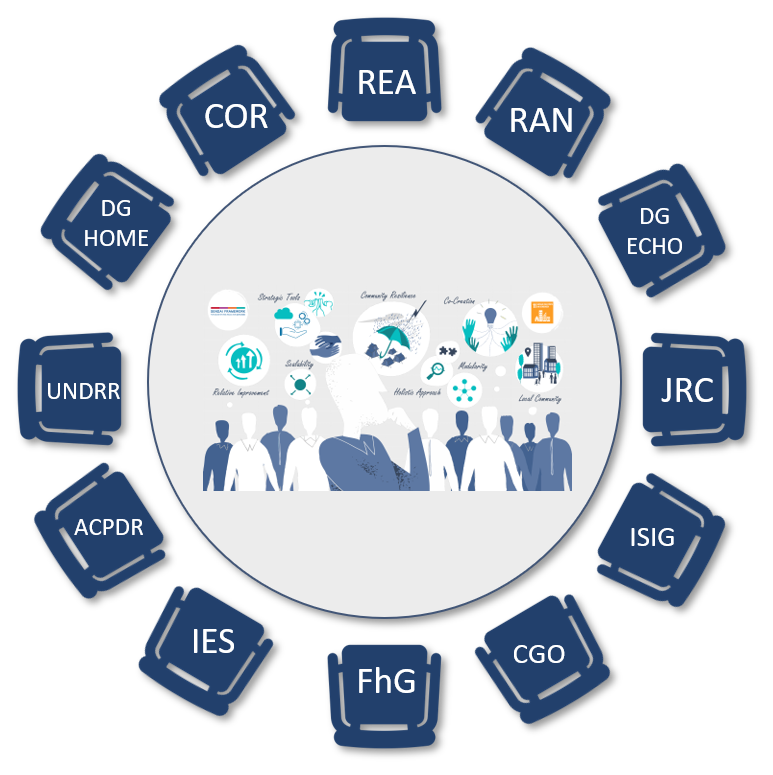
The workshop was the first of a series of events that will be held in the coming months. The objective of these events is to sustain a dialogue to translate the outcomes of Horizon 2020 projects including RESILOC into useful policy recommendations. RESILOC is in a privileged position to deliver such policy recommendations because of its unique nature of covering “the last mile” of the chain of actions dedicated to support community resilience. The proximity to the local communities, as the main carriers of resilience building in the society, is precisely what makes the RESILOC solution an integral and useful component of applied resilience. The project was perceived as a relevant for supporting the application of global resilience agreements such as the Sendai Framework for Disaster Risk Reduction at local level, providing enablers to navigate the transition while strengthening their ability to withstand and cope with challenges.
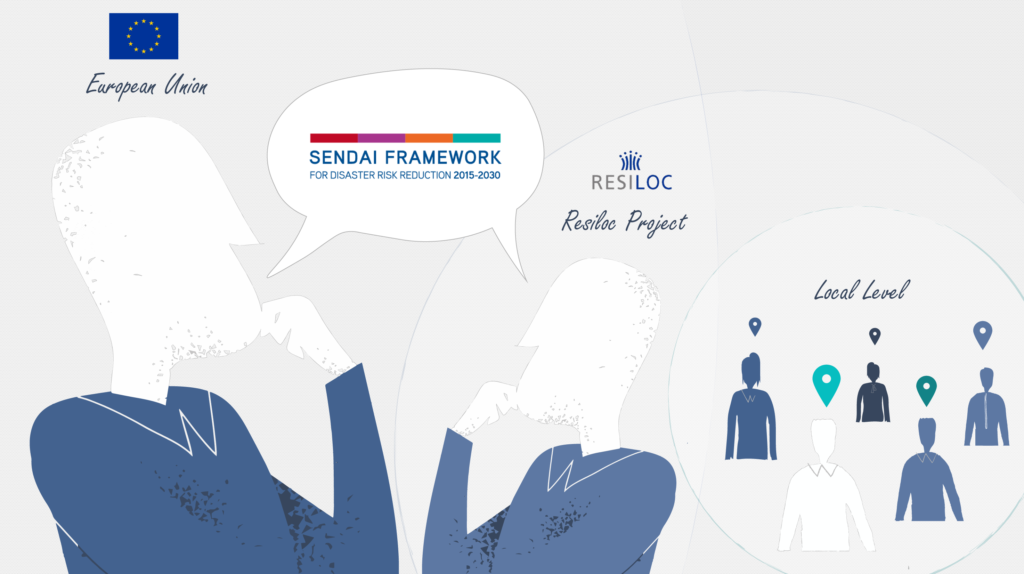
As it was highlighted by the workshop participants, RESILOC brings a practical, user focused approach to resilience, by actively involving local communities of different sizes, risk profiles and vulnerabilities embraced in diverse cultures of governance and societal expectations, from a holistic approach.
During the discussion part of the workshop, three lines of collaboration were identified. The first one, regarding the need for greater opportunities for collaboration in workshops and events related to disaster risk management. The second one, related to the work underway on resilience terminology which could provide input to of the Science Pillar’s contribution to the Taxonomy being developed within the UCP Knowledge Network. Finally, the third line of collaboration relates to the important question of sustaining project results after a project’s lifetime. While projects should produce results that are in line with global frameworks, reciprocally, it is important that administrations and agencies use the outcomes to improve their policies.
The “Project to Policy Workshop” was perceived as an excellent format that offered the opportunity to present RESILOC outputs and policy related ambitions defined in close cooperation with involved communities to policymakers, shaping the perspectives in open interaction and jointly aligning with shared strategic foresight baselines. Moreover, it has started a collaborative dialogue that is planned to continue throughout the project cycle of RESILOC and extend to its Horizon 2020 DRS01 Cluster sister projects. The next Project to Policy workshop, planned for early December 2021, is intended to expand its framework to the perspectives of the Horizon 2020 DRS01 cluster with the objective of opening the conversation to diverse resilience oriented projects generating complementary solutions and facilitating collaboration with policymakers to bring the added value project outcomes closer to policy and lasting improvements to all seeking a higher degree of safety and resilience.
If you are interested in receiving further information for the ongoing policy dialogue, please contact karsten.uhing@iml.fraunhofer.de .
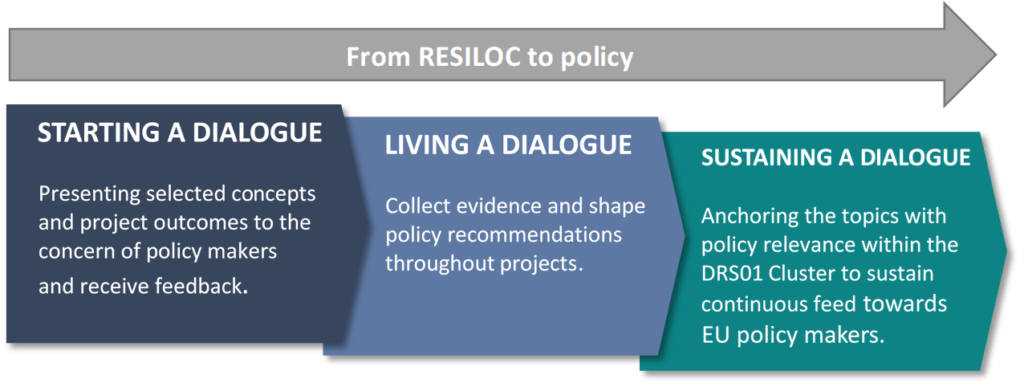
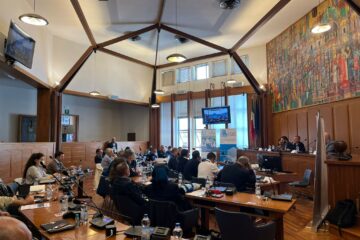
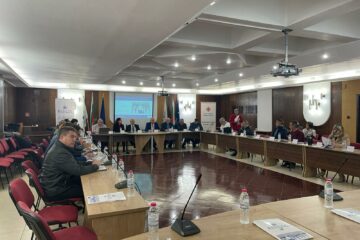
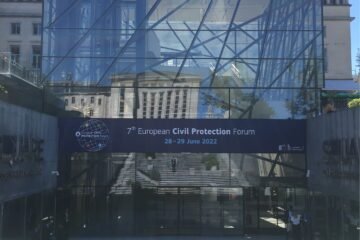
0 Comments